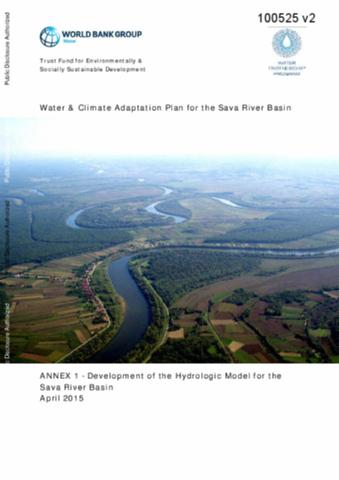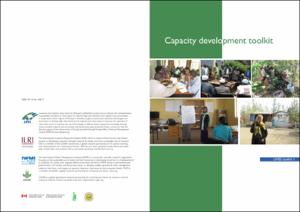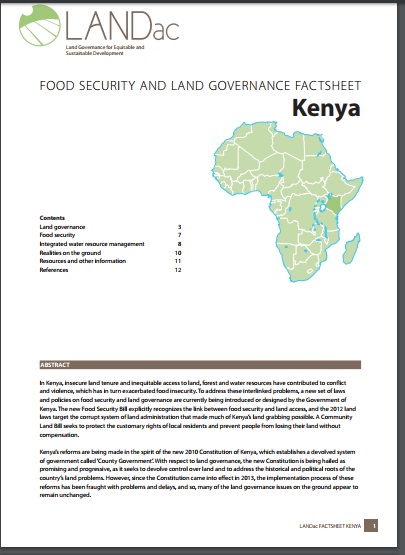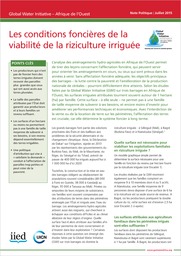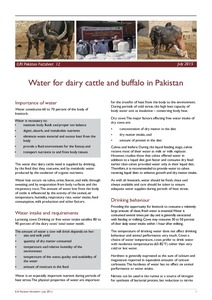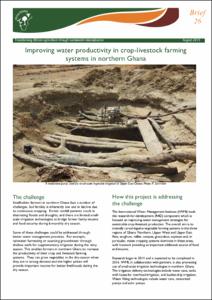Water and Climate Adaptation Plan for the Sava River Basin
This report presents the water and climate adaptation plan (WATCAP) developed for the Sava river basin (SRB) as result of a study undertaken by the World Bank. The WATCAP is intended to help to bridge the gap between the climate change predictions for the SRB and the decision makers in current and planned water management investment projects that will be affected by changing climate trends.

